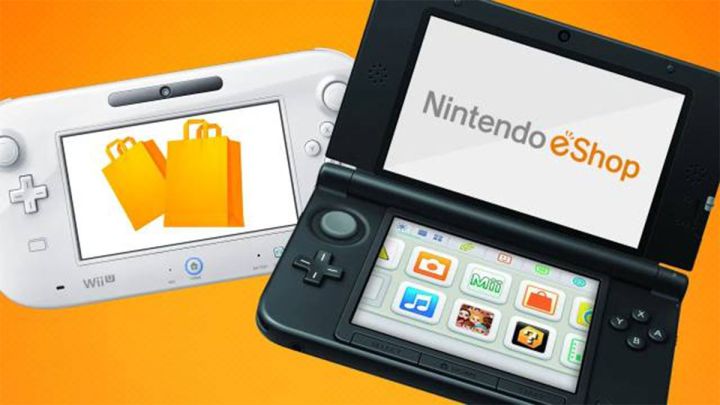-
 chevron_right
chevron_right
Why game archivists are dreading this month’s 3DS/Wii U eShop shutdown
news.movim.eu / ArsTechnica · Wednesday, 15 March, 2023 - 20:11

Enlarge / The end is coming for two of Nintendo's digital storefronts.
In just a few weeks, Nintendo 3DS and Wii U owners will finally completely lose the ability to purchase new digital games on those aging platforms. The move will cut off consumer access to hundreds of titles that can't legally be accessed any other way.
But while that's a significant annoyance for consumers holding onto their old hardware, current rules mean it could cause much more of a crisis for the historians and archivists trying to preserve access to those game libraries for future generations.
"While it's unfortunate that people won't be able to purchase digital 3DS or Wii U games anymore, we understand the business reality that went into this decision," the Video Game History Foundation (VGHF) tweeted when the eShop shutdowns were announced a year ago. "What we don't understand is what path Nintendo expects its fans to take, should they wish to play these games in the future."
